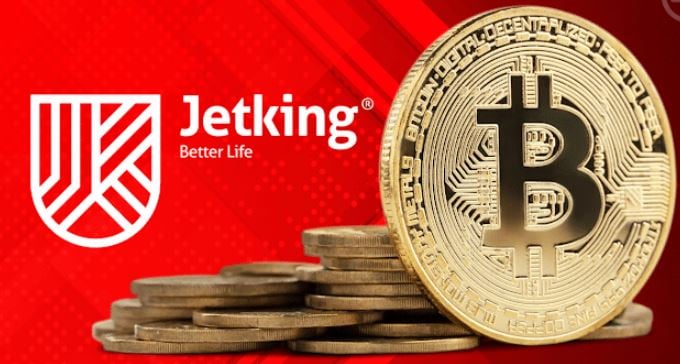BSE Rejects Jetking’s Listing Plan Over Bitcoin Treasury Allocation

The Bombay Stock Exchange (BSE) has formally rejected Jetking Infotrain’s application to list its shares, after the company disclosed plans to allocate a significant portion of the proceeds into Bitcoin and other virtual digital assets (VDAs). The decision is seen as a clear signal of India’s cautious stance on cryptocurrency investments through public fundraising and has reignited debate over the regulatory framework surrounding digital assets in the country.
Jetking Infotrain, an established training institute specializing in IT and digital skills, had revealed that approximately 60 percent of the funds from its planned share sale would be directed toward building a Bitcoin-focused corporate treasury. While India does not prohibit companies from purchasing cryptocurrencies outright, regulators differentiate between the use of internal profits for crypto acquisition and the use of public capital raised through equity markets.
Regulators’ concerns
By blocking Jetking’s listing, the BSE has reinforced the view that shareholder capital sourced from public offerings cannot primarily be funneled into crypto investments. Regulators remain wary of exposing retail investors to the volatility and risks of virtual digital assets, especially without a comprehensive framework for investor protection.
Industry experts point out that Indian companies can, under current rules, use retained earnings to acquire Bitcoin or other cryptocurrencies, provided such purchases are disclosed transparently. However, raising funds from the public with the explicit purpose of investing in digital assets is viewed as inconsistent with existing regulatory norms. This distinction creates what analysts describe as a “regulatory void,” where companies face uncertainty about how to structure digital asset treasuries while remaining compliant.
The decision aligns with India’s broader approach to cryptocurrencies, where taxation and disclosure requirements have been introduced but comprehensive rules for corporate treasury management remain absent. Policymakers have repeatedly highlighted the need to protect investors from speculative exposure, while at the same time acknowledging the potential benefits of blockchain technology and digital assets in the long term.
Potential appeal
Reports suggest that Jetking is considering filing an appeal with the Securities Appellate Tribunal (SAT) to challenge the BSE’s rejection. Legal experts believe that if pursued, the case could set an important precedent for how corporate crypto strategies are treated in India. However, without updated regulations or specific guidelines from the Securities and Exchange Board of India (SEBI), companies that attempt similar strategies are likely to encounter resistance.
The case has also sparked broader discussion among corporate leaders and fintech innovators about the need for regulatory clarity. Supporters argue that enabling companies to raise funds for digital asset treasuries could strengthen India’s competitiveness in the global digital economy, while opponents stress that such moves could expose investors to substantial risks associated with unregulated assets.
For now, the BSE’s rejection sends a strong message that India’s equity markets will remain conservative on listings tied heavily to cryptocurrency allocations. The outcome of a potential SAT appeal will be closely watched by industry participants, policymakers, and global observers, as it may shape the future trajectory of how corporate crypto adoption is governed in India.

